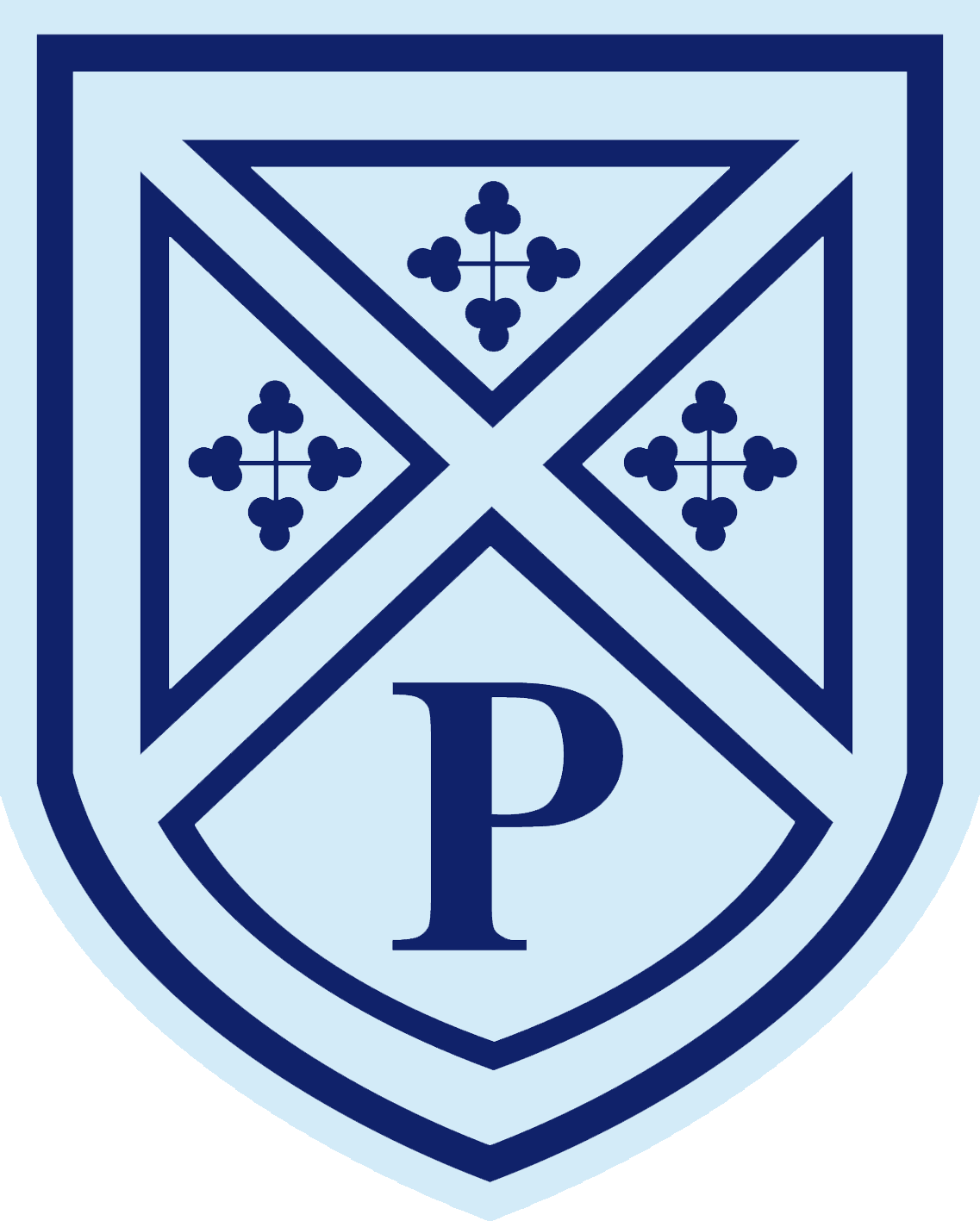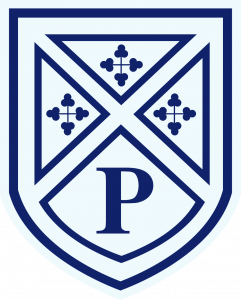Choose a Subject
At Parkside we wish to ignite a lasting passion for music. We want students to love creating music and have no limits to their ambitions. Our vision is to give students access to an engaging and progressive curriculum that reflects the world they live in now but also allows them to access music styles throughout history.
The Music curriculum intends to inspire self-expression and enable students to explore and develop their creative ideas. Students are given opportunities to communicate, collaborate and build a sense of community. They will listen and respond to a variety of musical styles and learn about the cultural, social and historical contexts through diverse musical experiences to enable them to become confident and reflective learners.
The curriculum offers opportunities in:
- Performance as a soloist and ensemble performer
- Composition through solo and ensemble music making
- Listening and evaluating
Choose a Year Group
Year 5
Music in Year 5 will consist of three projects:
Machine Music
Pupils will look at how to perform vocal and body percussion sounds. They will perform and interpret from graphic scores and improvise their own cyclic rhythm patterns. They will then create their own sound effects and produce a soundscape to represent a new video game.
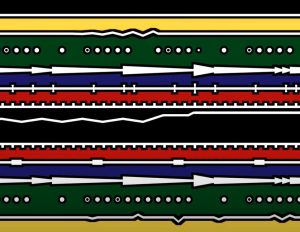
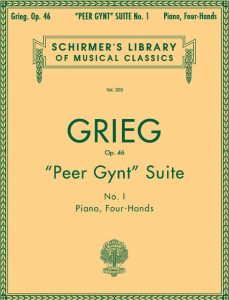
Descriptive Music
This topic will focus on the Music of ‘Peer Gynt’, composed by Edvard Grieg. Pupils will be asked to create images that they think matches the music and explain what they think is happening in the piece using musical vocabulary. They will perform using tuned and untuned percussion and create their own short tune to represent the story.
Ukulele
Pupils will develop their ensemble skills when performing as a class. They will develop their playing technique and focus on performing with a strong sense of pulse. Pupils will learn a range of pieces and aim to perform using a 4-chord progression. They will learn how to read Ukulele TAB and Chord Boxes.
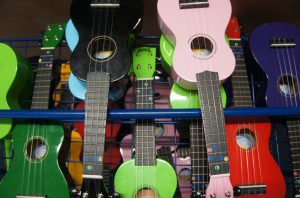
Year 6
Music in Year 6 aims to reinforce and deepen the skills and knowledge learnt in Year 5.
There are 3 projects:
WW2 Soundscapes
Pupils will explore the context of WW2 Music through listening, singing and dancing. They will hear a variety of styles and perform songs from WW2 reflecting on the character and use of the pieces. They will work in a group to create a version of a WW2 Soundscape, sequencing some commonly heard sounds from WW2.
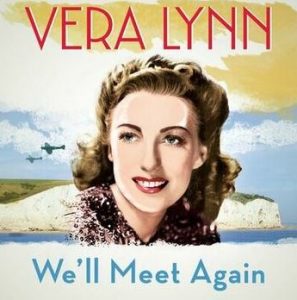
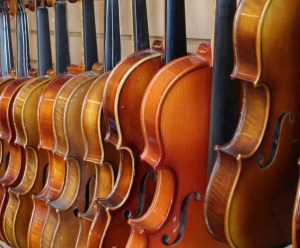
Instruments of the Orchestra
In this Unit students will explore the instruments of the Orchestra and work to be able to recognise them and the families to which they belong with increasing accuracy. They will listen to wide range of music from Great Composers – Prokoviev, Saint-Saens and John Williams and participate in group and individual performances. They will deepen their understanding as to how the musical elements can be used to reflect a character and will progress to compose their own short motif.
Samba
Pupils will learn about the importance and cultural relevance of Samba Music. They will draw upon their knowledge of the musical elements to identify features of the music and apply their understanding and performance skills of basic rhythm and pulse as they perform together. They will develop their understanding of how different rhythms can fit together and then structure and perform their own version of ‘Rio de Janeiro’ using a range of tuned and untuned percussion.
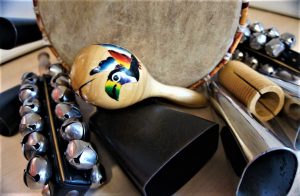
Year 7
Practical music making is at the heart of the Year 7 curriculum: lessons are designed to engage and enrich the musical mind of each pupil and promote creative thinking.
There are opportunities to work both independently and collaboratively, encouraging pupils to build self-confidence, self-discipline and team working skills. Pupils are able to use a variety of instruments through the topics: Find Your Voice, Rhythm and Fanfares, and Keyboard Performance.
Assessment will have a largely practical focus with much verbal feedback provided during lessons. There is also the opportunity for pupils to reflect and engage in dialogue when reviewing their own performances and compositions.
Year 8
The Year 8 curriculum will continue to build on the skills learnt in Year 7 to enable pupils to create and perform their own music. There are opportunities for ensemble work and independent tasks, to encourage pupils to take initiative, develop responsibility and relate with each other.
Pupils will study The Blues and Jazz Improvisation, further developing their keyboard skills and contextual understanding. They will then explore music technology when studying Film Music and create their own music to a film clip using GarageBand. Finally, pupils will collaborate to form their own Pop/Rock Band, performing popular tracks using an instrument of their choice.
As in Year 7, assessment will be mostly practical and pupils will have the opportunity to review their finished work.
